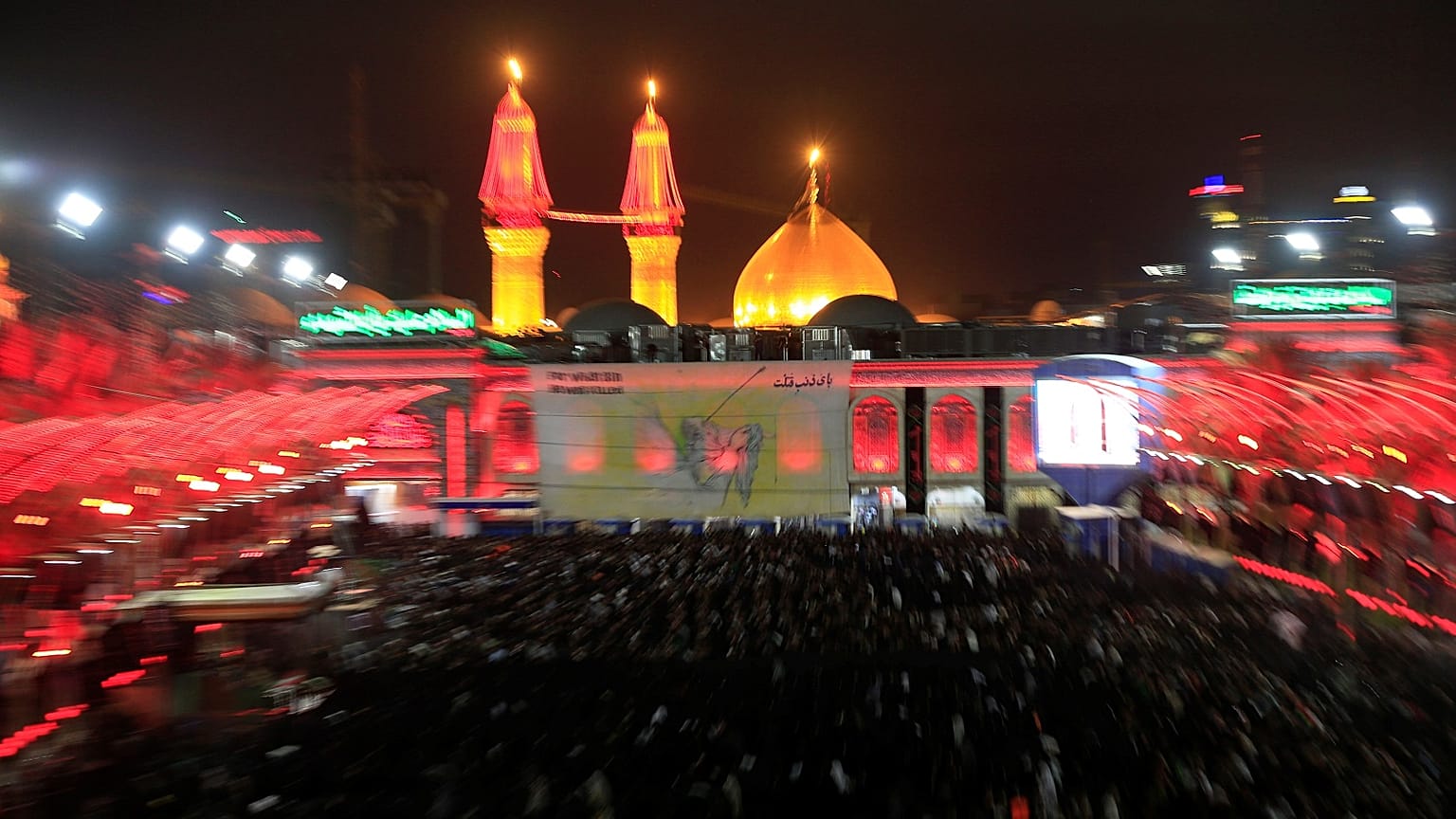Many of the events that unite Judaism, Christianity and Islam are eclipsed by divisive or even downright racist rhetoric pushed out by the far-right. First amongst these events is Ashura, which falls today.
Islam, far from being an alien Eastern religion, is an integral part of the Abrahamic tradition that binds Judaism, Christianity and Islam. This shared heritage connects more than half of the world’s population and is a crucial tool in our efforts to increase co-existence in the world.
This makes it all the more tragic that many of the events that unite the three religions are eclipsed by divisive - or even downright racist - rhetoric pushed out by the Far Right. First amongst these events is Ashura, which falls today. This event is commemorated by Muslims and followers of other religions, even including some Hindus who are known as Hussaini Brahmins.
Ashura is the annual commemoration of the murder of Imam Hussain, the Prophet Muhammad’s grandson, at the hands of Yazid, an early ruler of the brutal Umayyad dynasty. It was an event that happened 1300 years ago, but many Muslims see it as the culmination of Islam’s Abrahamic heritage and a pivotal date in world history.
Ashura is a date in the Muslim tradition that has been significant in the lives of patriarchs revered in what is often termed the Judeo-Christian tradition. Starting with Adam, through to Noah, Abraham, Moses and Jesus, all those Prophets have had, from the perspective of many Muslims, huge life events on the day of Ashura.
Both the raising of Jesus’ soul to heaven (analogous to the crucifixion in Christian belief), and the splitting of the Red Sea by Moses (celebrated by Jews during Passover) are believed by many Muslims to have occurred on Ashura, the tenth day of the month of Muharram in the Islamic calendar.
And the themes of the slaughter of Imam Hussain are universal enough that they can help non-Muslims relate to Islam in a way that can sometimes be difficult in the current climate.
Imam Hussain’s stand for social justice was driven by his faith; he knew that he and his 70-plus followers (many of whom were women and children from his family) had no chance of surviving the assault by the Umayyad army. But it was essential for him to take a stand, regardless of the outcome.
Acting out of principle to make the world a better place is key to the Jewish belief of Tikkun Olam, repairing a broken world.
Similarly, the Prophet’s family’s ultimate sacrifice is an image many Christians can readily identify with. Suffering and penance are a key part of Christian belief, and the bloody reality of Imam Hussain and his family being murdered in cold blood by a powerful military force is closely analogous to the Romans and their crucifixion of Jesus in the Christian tradition.
It is important that as Muslims around the world remember this date, broader society embraces it as an interfaith event. As a tragedy that belongs not only to Muslims, but to all of humanity.
Muslims love Imam Hussein and the Prophet Muhammad’s family, not only because they are descendants of Muhammad, but because they are descendants of Abraham.
We often hear about the “Judeo-Christian” tradition, but in fact it is the Judeo-Christian-Muslim, i.e. Abrahamic, tradition. “Judeo-Christian” has become a euphemism for Western culture, the exclusion of Muslims from this heritage a subtle hint of the kind of Eurocentric supremacism that has damaged so much of the world in the 20th century - and must be kept at bay in the 21st.
The murder of the Prophet’s family on Ashura changed the course not only of Islam, but of world history. The struggle between the divine and the temporal, justice and tyranny, truth and falsehood is a fight that continues to this day, not only in the Islamic world, but across all major faith traditions and cultures.
This is a struggle that Muslims are embarking upon, along with their fellow believers from Christianity, Judaism and other faith traditions. This makes it all the more unfortunate that Islamophobia is taking root amongst some camps of Evangelical Christians and conservative Jewish groups.
We are all up against the same wall, and it is high time we worked together for the shared causes of social justice and reform.
Hussain Makke completed a Master’s degree in Religion and Global Politics at SOAS University of London before going on to study at the Islamic Seminary in Lebanon. He is producing the documentary feature "In Search of the Sacred".
_________
Are you a recognised expert in your field? At Euronews, we believe all views matter. Contact us at view@euronews.com to send pitches or submissions and be part of the conversation.
















